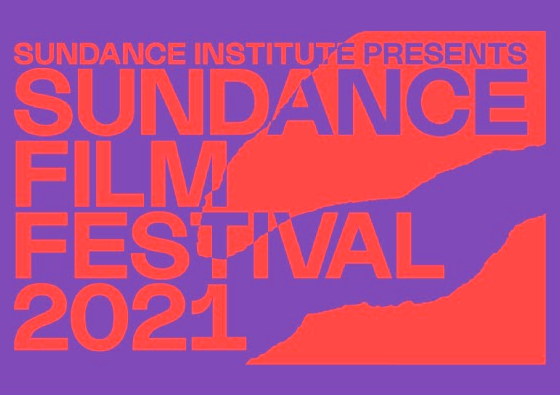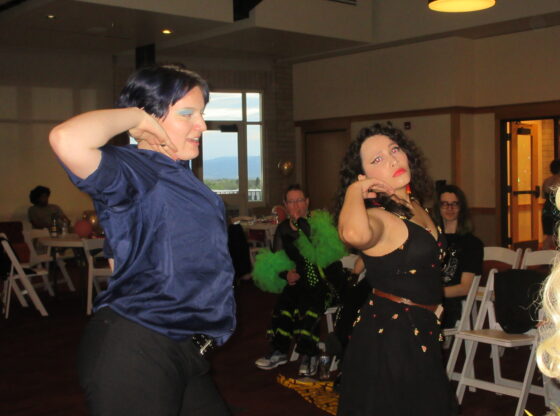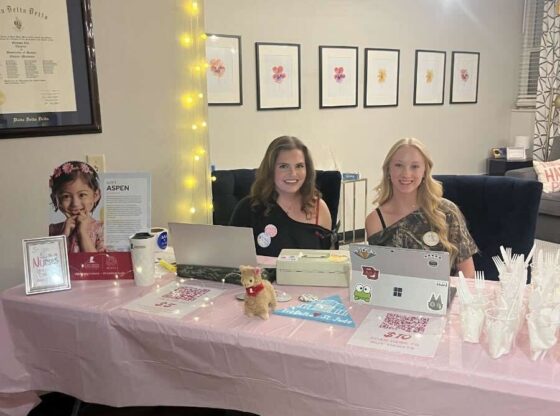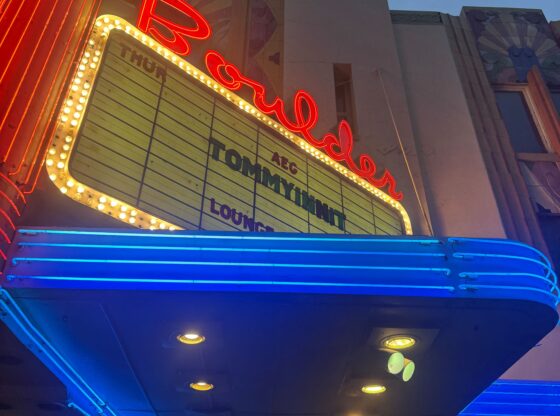Sundance is an independent film festival that usually draws up to 125,000 people to its locations in Utah. This year, though, it wrapped up on Feb. 3 after being conducted mostly virtually. It showcased a variety of films through its online platform, and the festival included ways to socialize through virtual reality party spaces. Previously, Sundance premiered some of Hollywood’s best, including “Get Out” (2016), “Whiplash” (2014), “Hereditary” (2018) and many more.
For health and safety reasons, Sundance streamed 73 feature-length and 50 short films online. Tickets were purchased for $25. For limited in-person viewings, the institute offered satellite screenings at 28 locations in the U.S., including Denver’s SieFilm Center, which could have been rented out for $600. When speaking with The Denver Post, Keith Garcia—the artistic director of the SieFilm Center—said that the high cost included the prestige of being one of a handful of people in the world to see that particular film premier on the big screen.
“This is meant to be a special VIP experience because Sundance isn’t your typical film festival,” said Garcia. The twelve films screened at the SieFilm Center were curated specifically for the Denver market and included “Sabaya,” a documentary about Yazidi women being held as prisoners by ISIS, “Cusp,” a coming-of-age documentary about three friends in a Texas military town, and “The Pink Cloud,” a Brazilian sci-fi thriller.
“This has been a singular Festival for a singular moment,” said Sundance Institute CEO Keri Putnam in an interview with the Sundance Institute. “We’ve been able to elevate independent art and celebrate a wonderful slate of films by gathering in new ways, ways that worked thanks to adventurous audiences everywhere [who were] eager to connect and engage with the work and with one another. Watching people come together to connect and discuss exciting new work has been incredibly rewarding—and a resounding confirmation that great independent storytelling inspires rich conversation.”
After the seven-day festival wrapped up, jurors presented 24 prizes for feature filmmaking and seven for short films. Some of the top prizes were awarded to “CODA,” a drama about the only hearing person in a deaf family, “Summer of Soul (…Or When the Revolution Could Not be Televised),” a documentary about the 1969 Harlem Cultural Festival, and “Flee,” an animated, true story about a gay Afghan refugee. These films are just a few examples of how the inclusion of underrepresented narratives is reshaping modern film culture.
Although the Sundance Film Festival was a vastly different experience than normal this year, the annual event adapted accordingly and managed to premier a collection of captivating and critically-acclaimed films that may shape up to be both Hollywood titles and favorites among general viewers.











